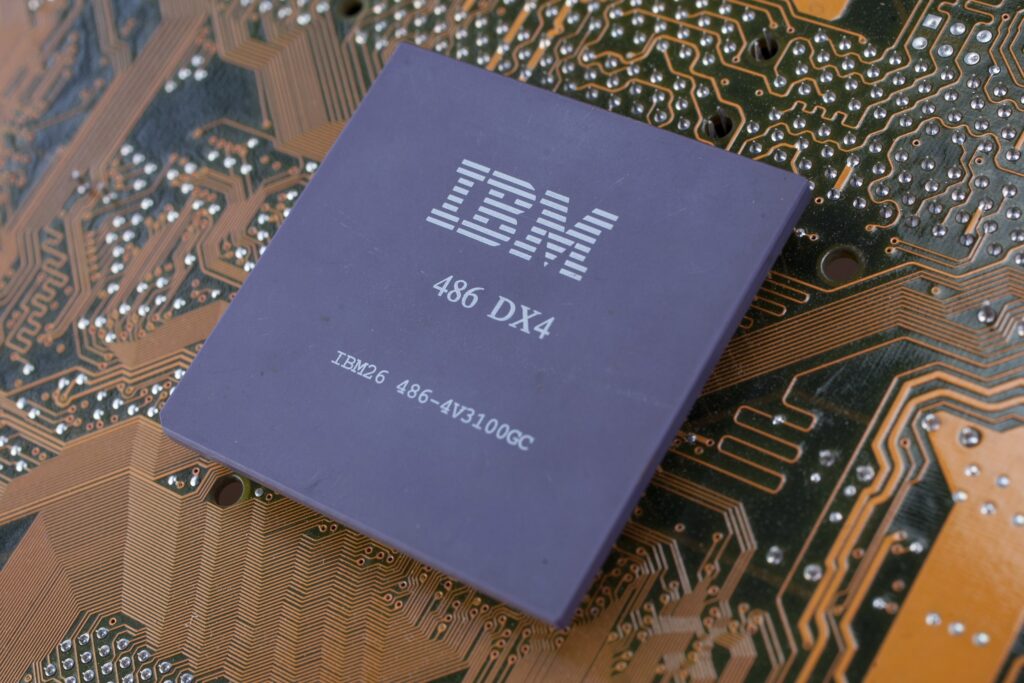IBM (NYSE: IBM) has rallied roughly 20% since mid-August as the Armonk-headquartered firm continued to shed its legacy image and emerge as a serious contender in quantum computing.
The recent collaboration with HSBC – where IBM’s quantum systems were used to optimize bond trading – marks a pivotal moment in the history of the company known broadly as the “Big Blue”.
Why? Because it wasn’t just a lab experiment – it was a real-world deployment using production data, proving quantum’s commercial viability.
At the time of writing, IBM stock is up more than 30% versus its year-to-date low in mid-January.
What the quantum pivot may mean for IBM stock
Copy link to section
IBM’s commitment to expanding its presence in quantum computing is much more than a branding exercise; it’s a strategic leap into a market whose economic impact is expected to surpass $1 trillion over the next ten years.
With plans to deliver a system capable of running 100 million gates on 200 logical qubits by 2029, IBM is building toward a future where quantum computing solves problems classical systems can’t touch.
From drug discovery to financial modeling, the total addressable market (TAM) spans industries.
For investors, this means IBM stock is no longer just a hybrid cloud and artificial intelligence (AI) play – it’s a gateway to the next computing revolution.
HSBC trial validates IBM hardware in real-world finance, potentially opening doors to partnership across banking, pharma, and logistics.
Why IBM shares beat pure-play quantum stocks
Copy link to section
While startups like Rigetti, IonQ, and D-Wave offer exposure to quantum innovation, they often lack scale, profitability, and diversified revenue streams.
IBM, on the other hand, brings a fortress balance sheet, decades of enterprise relationships, and a proven ability to commercialize emerging technologies.
Its quantum roadmap is backed by R&D and integration with its existing cloud and AI platforms. Investors benefit from lower risk and higher optionality – quantum is just one of several growth levers.
Moreover, IBM’s leadership under Arvind Krishna has shown a willingness to divest slow-growth segments and double down on transformative tech.
That discipline makes IBM shares a much more resilient and scalable quantum bet, especially as they’re going for a forward price-to-earnings (P/E) multiple of about 25 only at writing – a treat compared to the concerningly stretched valuations at which pure-play quantum computing stocks often trade.
Should you invest in IBM stock today?
Copy link to section
IBM’s evolution into a quantum powerhouse is no longer theoretical – it’s unfolding in real time.
The HSBC partnership proves quantum’s utility in finance, and IBM’s roadmap suggests it’s just getting started.
For investors seeking exposure to quantum computing without the volatility of pure plays, IBM stock offers the best of both worlds: enterprise stability and frontier innovation.
All in all, in 2025, IBM may not just be a quantum contender – it could be the category king.

